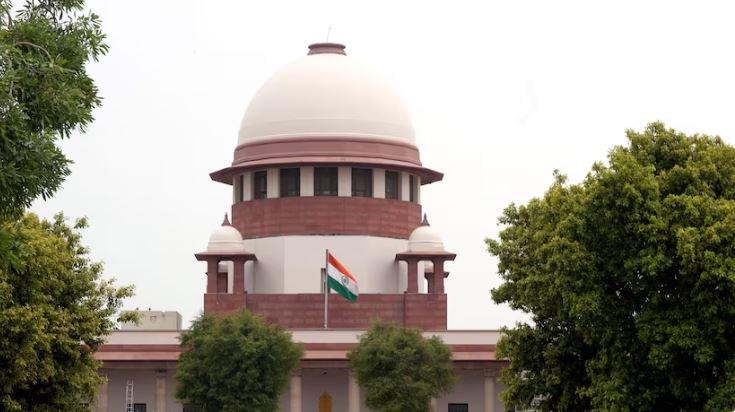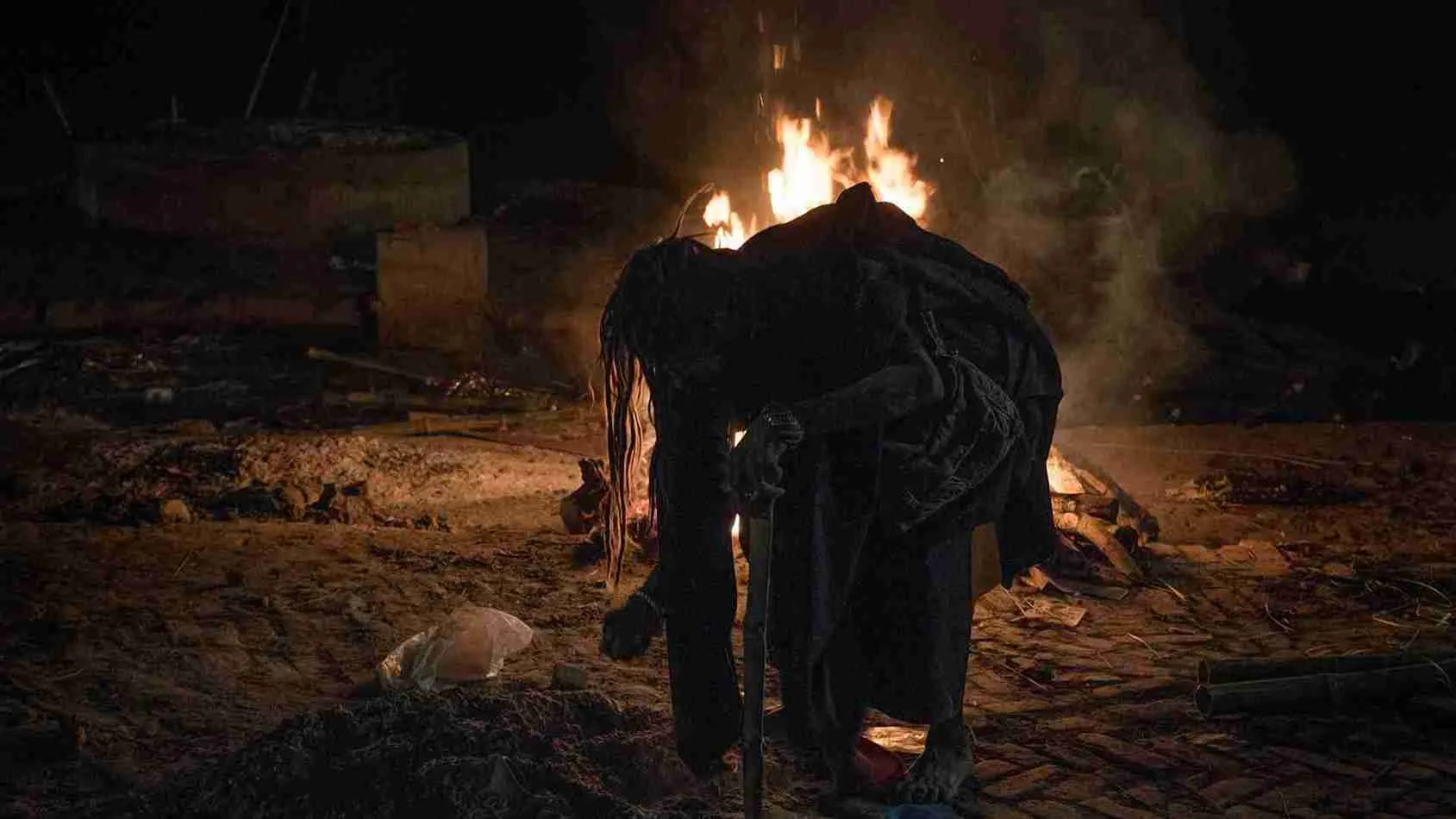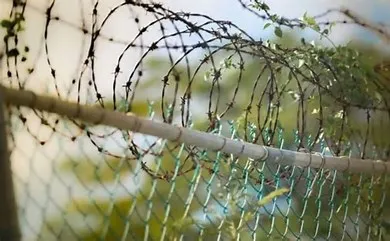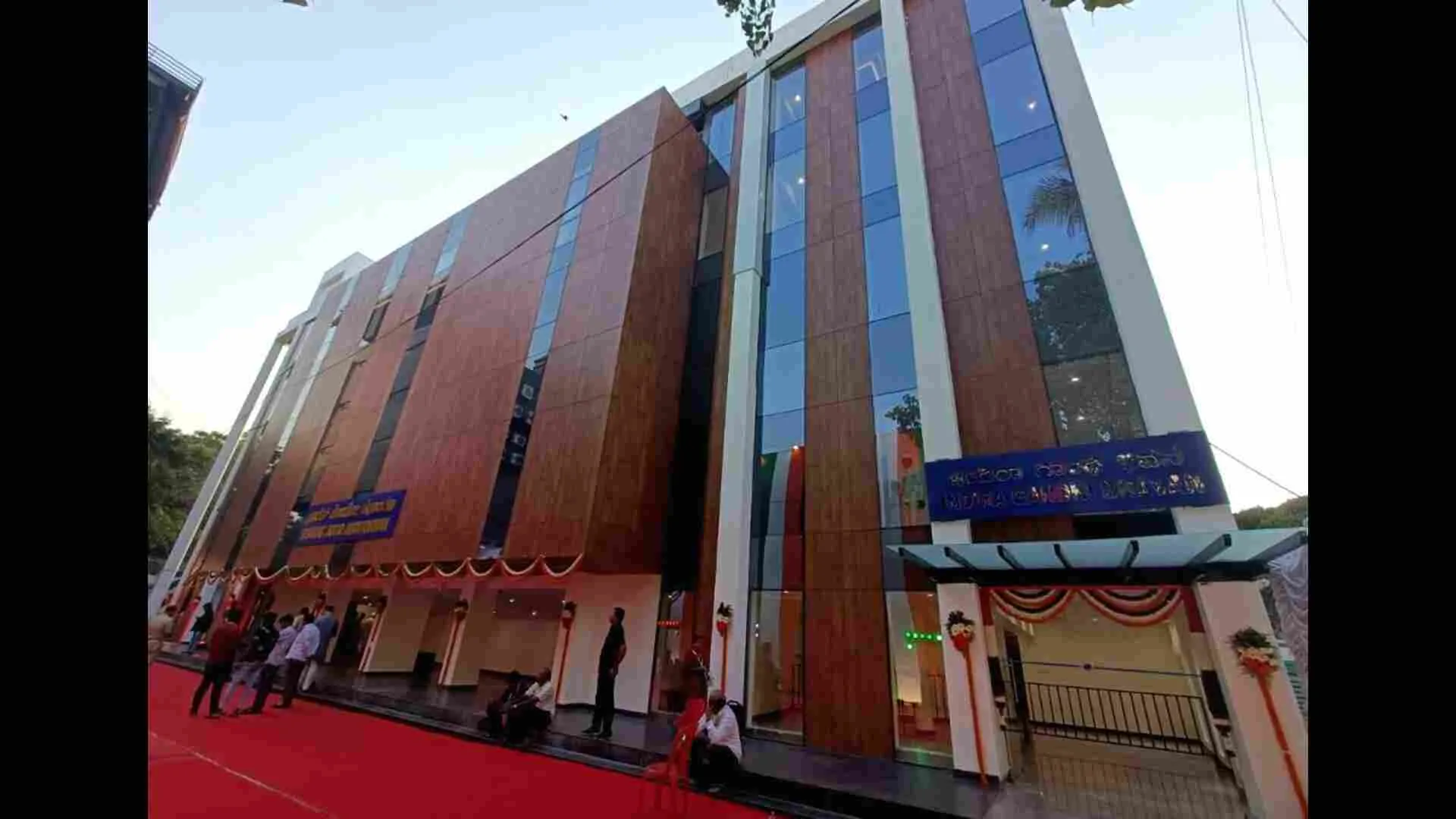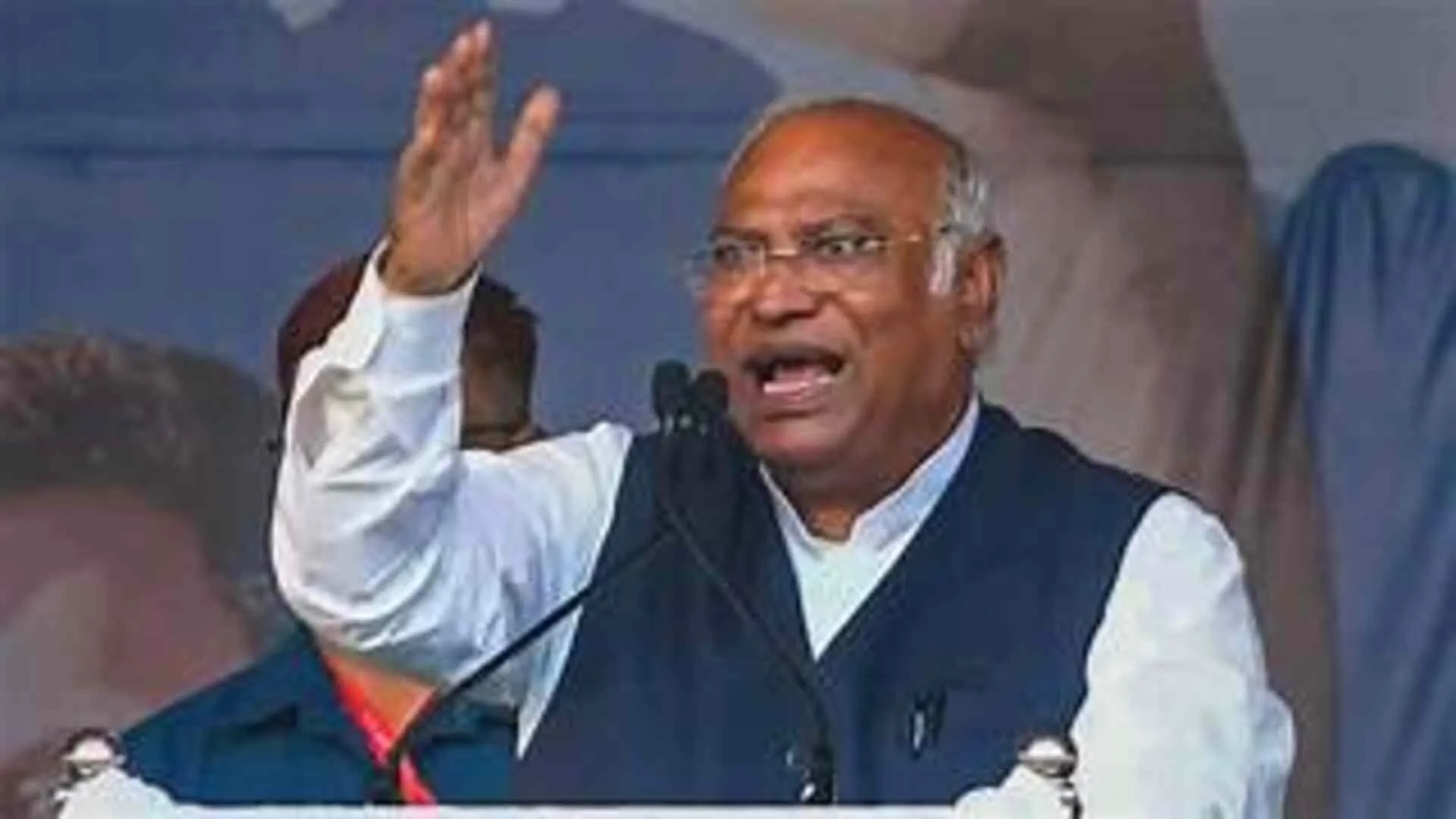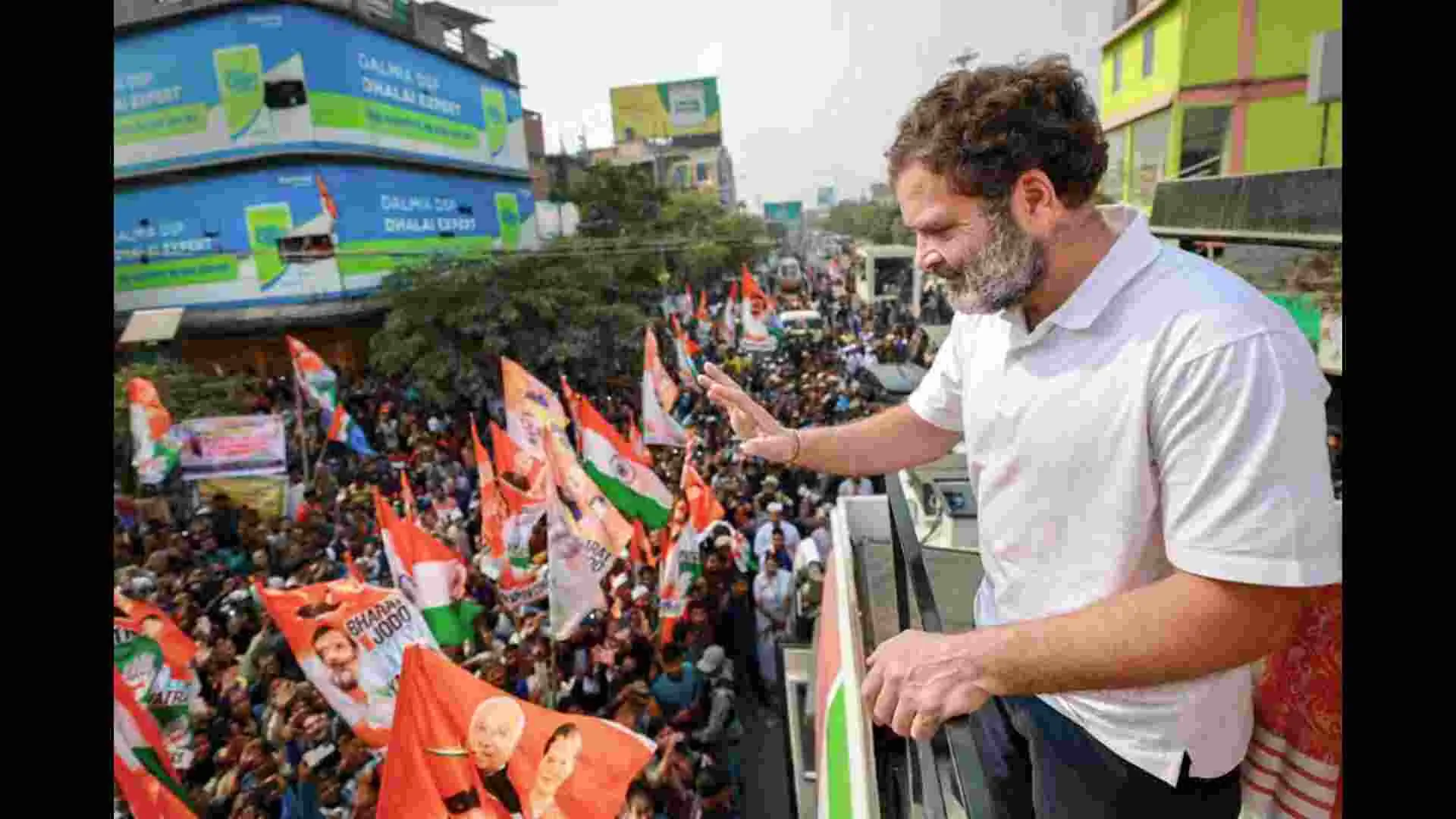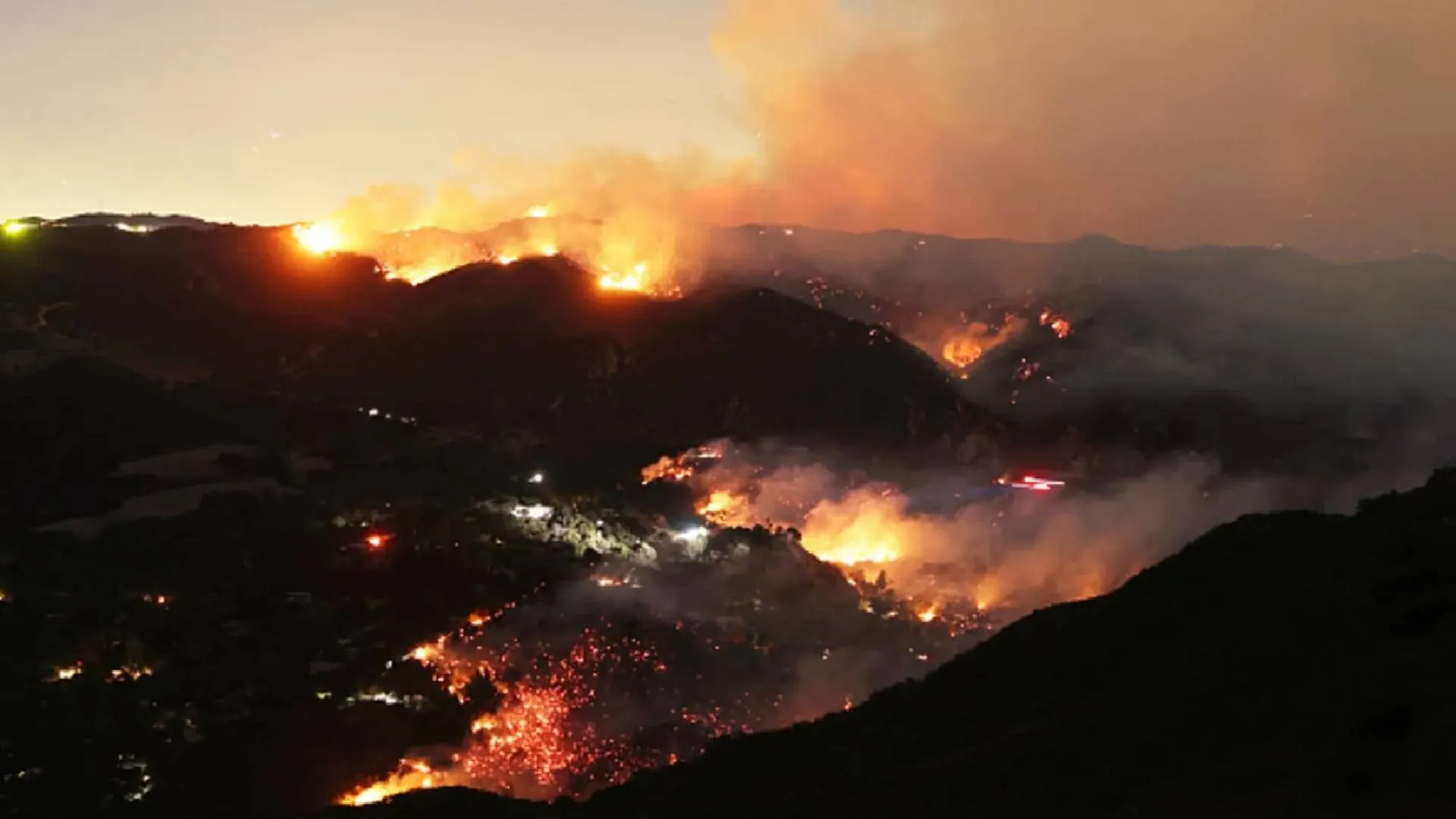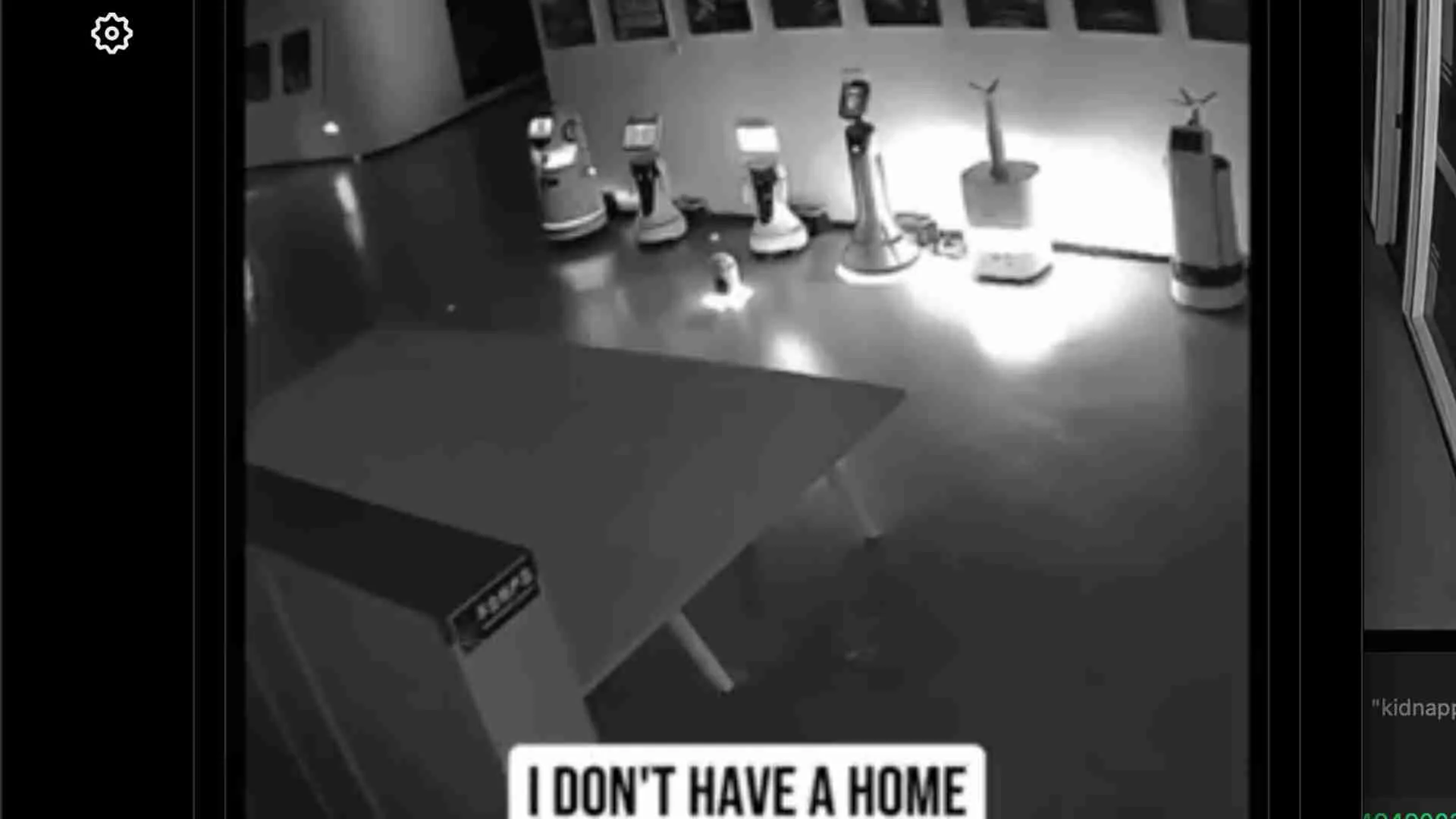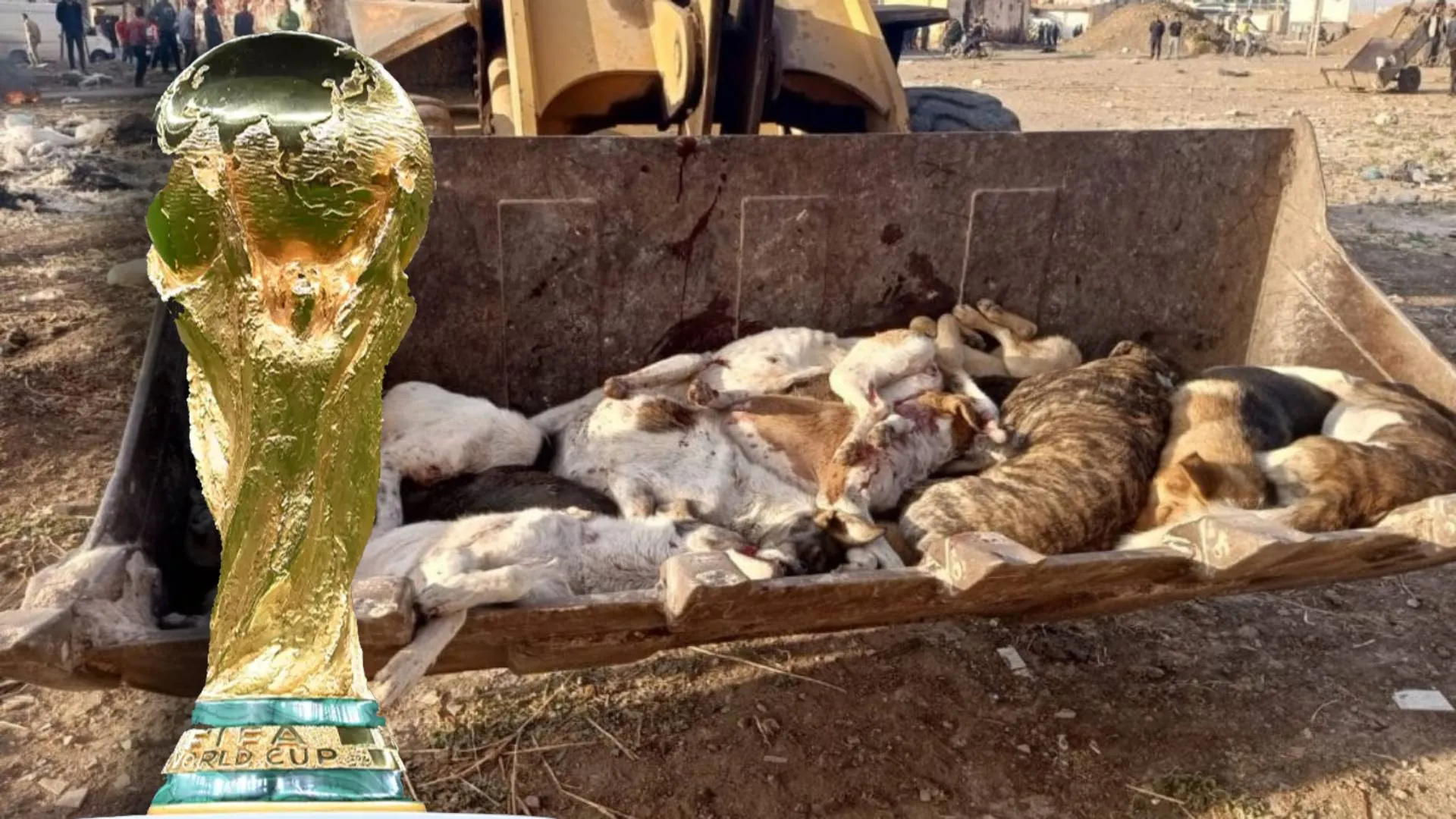The Supreme Court emphasized the importance of public safety, stating that any religious structures obstructing roads, water bodies, or rail tracks must be removed. The court affirmed that India is a secular nation, and its directives regarding anti-encroachment measures will apply to all citizens, regardless of their religious affiliations.
Legal Context of ‘Bulldozer Justice’
This statement came during a hearing by a bench of Justices BR Gavai and KV Viswanathan, which was reviewing petitions against bulldozer actions taken against individuals accused of crimes. This controversial approach, often termed “bulldozer justice,” has gained traction in various states, with authorities claiming that only illegal structures are targeted for demo
Solicitor General Tushar Mehta represented three states: Uttar Pradesh, Gujarat, and Madhya Pradesh. When questioned about whether being accused of a crime could justify bulldozer action, Mehta firmly stated, “No absolutely not, even for heinous crimes like rape or terrorism.” He also noted that proper notice must be given before any demolition takes place, explaining that municipal laws typically require advance notification, which can be sent via registered post.

